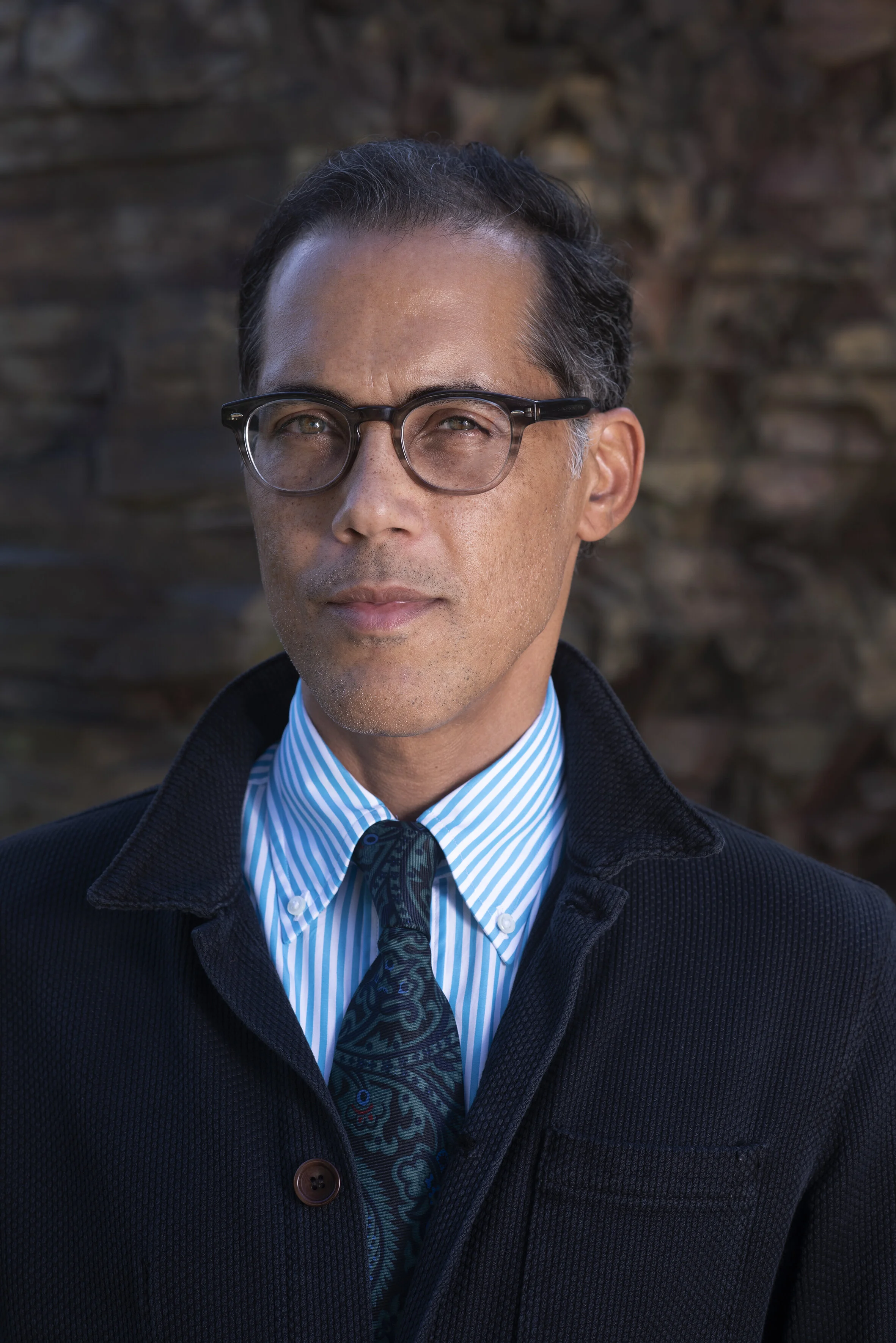Top academic in Caribbean history takes over leadership of UCL's slavery research centre
Professor Smith has recently become head of UCL’s Centre for the Study of the Legacies of British Slave-ownership, a project dedicated to keeping awareness of the legacy of the British slave trade in the present tense.
Photography by Daniel Goudrouffe
This past spring, Professor Matthew Smith took over as the director of the Centre for the Study of the Legacies of British Slave-ownership (LBS) at UCL. Founded in 2009, this project is a continuation of research conducted at UCL to investigate and trace the impact of slave-ownership on the formation of modern Britain.
Previous to this appointment, Professor Smith served as head of the Department of History and Archaeology at the University of West Indies at Mona. His research focuses on the 19th and 20th century histories of Haiti and Jamaica but it is pan-Caribbean in scope. Among his many other publications, he is the author of “Liberty, Fraternity, Exile: Haiti and Jamaica After Emancipation” and “Red and Black in Haiti: Radicalism, Conflict, and Political Change.”
Smith’s directorship begins at a crucial moment for the world, the UK, and for UCL. The rise of the Black Lives Matter movement following the murder of George Floyd at the hands of police, intensified by the disproportionate effects of the Covid-19 pandemic on Black communities, has drawn particular attention to the persistent and systematic oppression of Black people across the world. In the UK, the last few months have seen the announcement from Oxford’s Oriel College that there would be a commission created to discuss the fate of their Cecil Rhodes statue, as well as the toppling of the statue of slave trader Edward Colston in Bristol.
UCL has faced scrutiny and criticism for its connection with eugenics, leading to an 18-month inquiry and the renaming of the Galton Lecture Theatre, Pearson Lecture Theatre and Pearson Building, previously named after prominent eugenicists Francis Galton and Karl Pearson.
LBS has done invaluable work to progress the study of racism and colonial slavery legacy. At the very heart of the project is a database containing information about around 61,000 people who were slave-owners or connected to the slavery business, including every slave-owner in the British Caribbean, Mauritius or the Cape at the moment of abolition in 1833. It also details information about all identified states in the British Caribbean and all the slave-owners, attorneys, mortgagees and legatees that have been identified between 1763 and 1833. This information is primarily derived from the Slave Compensation Commission which was set up in order to manage the payment of £20 million in compensation for slave owners after the Slavery Abolition Act of 1833. The sum is equivalent to £16-17 billion in modern currency.
However unintentionally, this Commission has provided LBS with the precise information they needed to compile a digital database that illuminates the enormous scope of the slave industry and serves as proof of its lasting legacy. In detailing concrete facts about these individuals and their estates, scholars and members of the public alike can interact with Britain’s colonial past in the context of its effect on the present.
In a statement published on June 12, the LBS team writes “These legacies reach into the present. As such our project can never be, and should not be, a disinterested examination of the past. Reparative history charges us to explore and understand the past in order to address the ways in which injustices may be acknowledged and set right.”
In reference to his recent appointment as director, Smith has released a statement highlighting the importance of the work that has been done and needs to be done in the context of this year’s events. He writes, “We cannot ignore the disproportional impact of the virus on Black and other ethnic communities in the UK and elsewhere. These shocking data have impelled serious consideration of the ways current health crises reflect larger historical legacies of oppression.”

